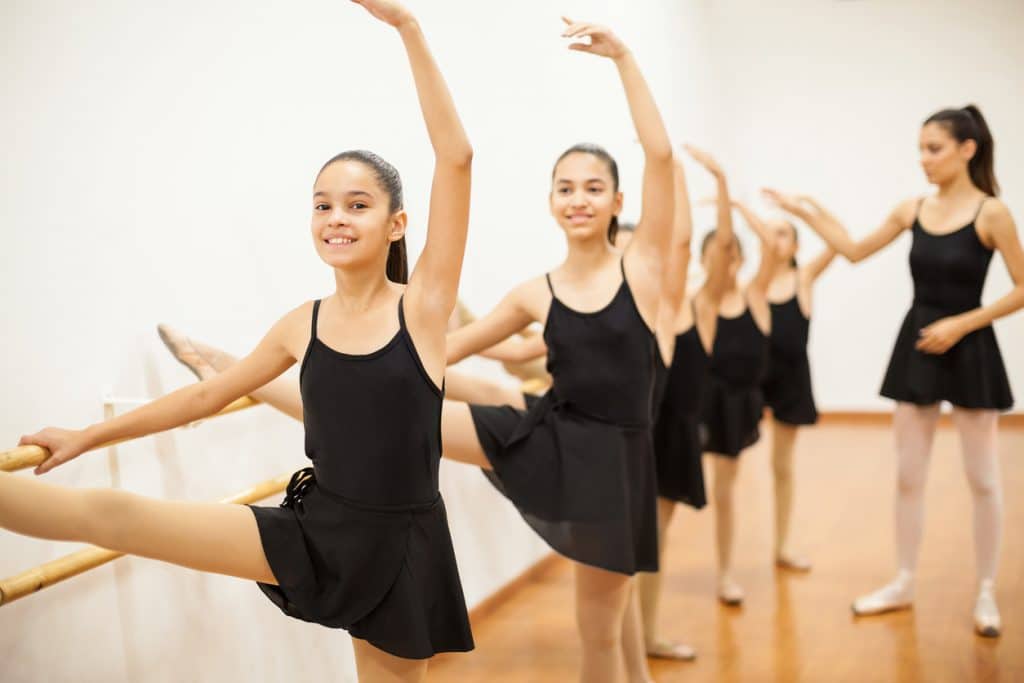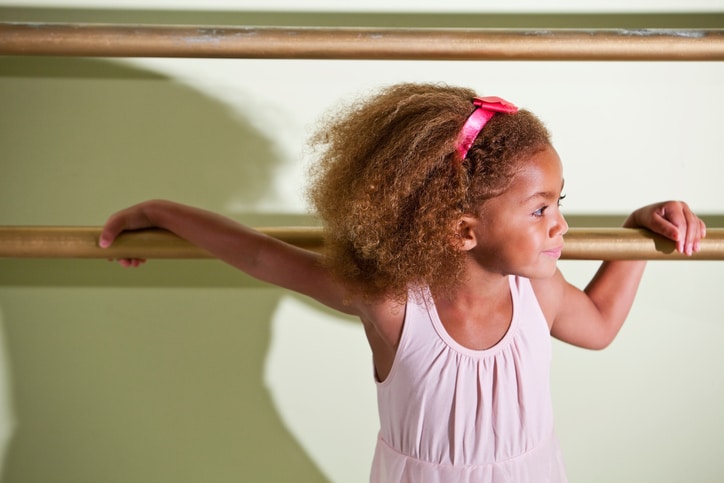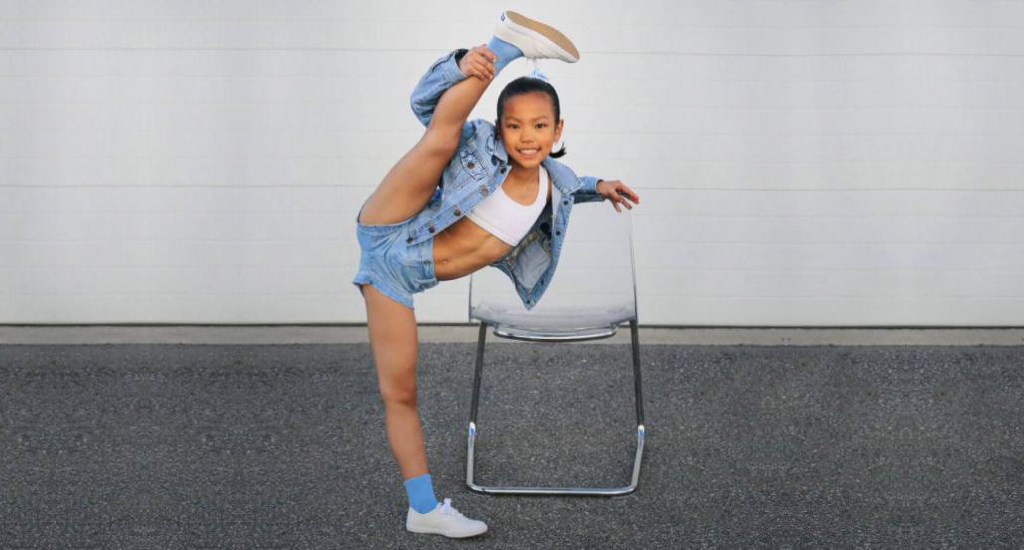Self-discipline is a necessary attribute for any dance student, and this is especially true for children who are just beginning their dance journey. Self-discipline not only benefits the child’s dance performance but also carries over into their daily life, helping them to be more organized, motivated and successful in other areas.
As young dancers learn to develop self-discipline, they will reap the rewards of this invaluable skill for years to come. So, let’s encourage our little dancers to work hard, stay determined, and learn to foster a sense of self-discipline both on and off the dance floor.
Understanding Self-Discipline
Self-discipline is a term that is often heard, but not always fully understood. Essentially, self-discipline is the act of training oneself to follow a set of rules or a specific course of action, usually for the greater good or benefit. Whether it’s waking up early every morning to practice dance routine, limiting your screen time, or maintaining a strict budget, self-discipline allows individuals to stay focused, motivated and on track towards achieving their goals.
Self-discipline requires a high level of mental effort and self-control, but the rewards can be incredibly satisfying. Developing strong self-discipline at a young age is essential to achieving success, both in personal and professional aspects of life.
Commitment and Practice
Enrolling a child in dance class can teach them commitment and practice, two important life skills. Commitment to a dance class encompasses the importance of having others depend on your own commitment. When a child has passion for the art of dance or shows interest, make an effort to improve their skills becomes second nature.
Practice makes perfect is the saying we all take in many aspects of our life. Dance is no different. The more a child enjoys dance, the more they will practice expanding their skills. It is the start of creating goals and the amazing path a dancer can take.
Focus and Concentration
Learning to dance, regardless of the genre, takes great focus and concentration in every aspect of the craft. A certified and knowledgeable dance instructor provides avenues to improve a child’s technique for a safe and effective performance.
Dance classes for toddlers uses games and props to teach these valuable life skills in a fun and engaging way. By using counting and listening skills, young dancers can mentally connect with the music to learn proper flow movements. This can lead to better focus and concentration.
Also Read: How Good Are Dance Lessons for Your Brain?
Self-Control and Emotional Regulation
A dancer must always be aware of their personal space as well as that of others. Moving the body in rhythm takes physical self-control and proprioception.
In the world of dance, each type of dance genre offers an opportunity for a dancer to express their emotions through movement and facial expressions. In dance, there is no room for out-of-control emotions. Instead, dancers are taught to use their body language to manage emotions during challenging moments.
Time Management and Organization
Time management and organization are two key aspects of adulthood we all struggle to achieve. Dance classes provides children with the bonus of learning these skills at an early age. It takes self-discipline to manage time effectively during class as well as during practice sessions between dance classes.
With dance classes, a child is taught the importance of punctuality and organization. As a dancer grows, they also develop the ability to balance dance life with schoolwork, recreation time, and self-care.
Transferable Skills to Life Outside of Dance
Learning self-discipline at an early age helps to prepare a child for a healthy life physically, emotionally, and mentally. In particular, self-discipline plays a major role in a child’s academic performance and personal and career goals.
Through dance, a child learns creativity, teamwork, listening skills, communication, and respect for others through lessons and competitions. They also learn critical thinking skills, focus, concentration, and spatial awareness. All of these skills help a child to grow to be a valuable member of society with compassion and empathy for family, friends, and strangers.
Also Read: What are the Benefits of Dance in Early Child Development?
Learn How Dance Can Help Your Child’s Development
At Performing Dance Arts, we understand the importance of dance for your child’s physical, mental, and emotional development. Our team of highly qualified instructors have been training on the world stage for years, sharing their talent, skills, and passion for dance.
Introduce your child to a fun learning experience! Contact us to register your child or learn more about our dance classes in Etobicoke, Vaughan, and Yorkdale. We offer dance classes for all skill levels and ages!




